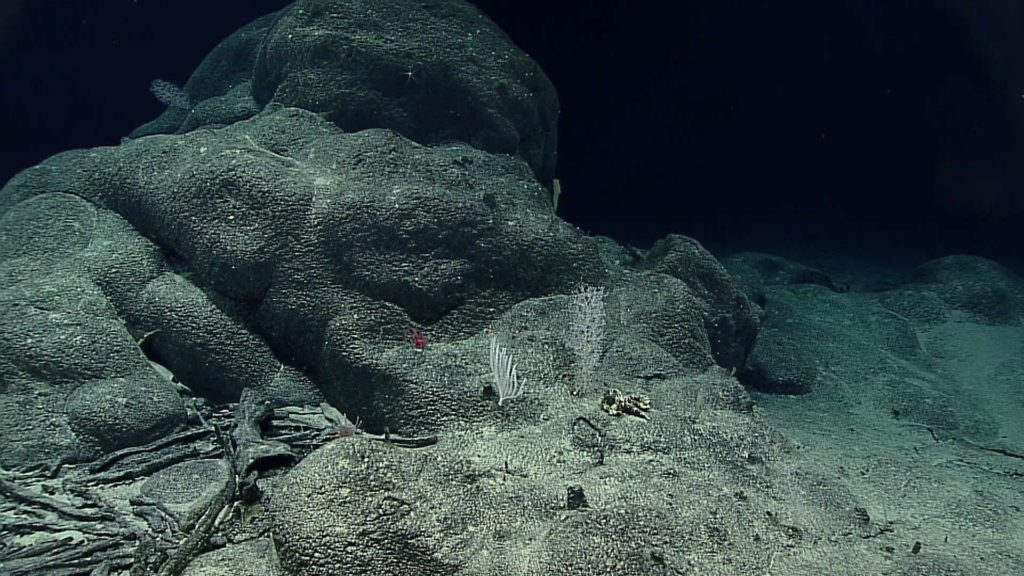Woods Hole Oceanographic Institution: Oceanus Magazine
March 16, 2023
By Tatiana Schlossberg
They were among the first responders to the Deepwater Horizon oil spill in the Gulf of Mexico; have helped restore coral reefs in stressed ecosystems around the world; treat cancer and cure infections; form the basis of deep ocean food webs; sequester carbon and fix nitrogen; and produce about 20 percent of the oxygen in the atmosphere, making it possible for humans (and most other life forms) to live on this planet.
They are marine microbes, and they are some of Earth’s most important yet understudied residents that live throughout the global ocean.
Now, as industrial developments move into even deeper and more remote regions of the ocean, activities such as deep-sea mining could put many marine microbial communities and their critical ecosystem functions at risk. This is especially worrisome given the vast repository of knowledge and information they hold, and ocean ecosystem services they provide.
“Microbes are the hidden heroes of our planet,” said Julie Huber, an oceanographer at Woods Hole Oceanographic Institution who studies marine chemistry and geochemistry, and was an author on a paper about the impacts of deep-sea mining on microbial ecosystem services. “They are doing all of these important things to keep the planet healthy, and when we think about these types of disruptions, we’re not just talking about killing microbes, we are removing their ability to do their job.”

